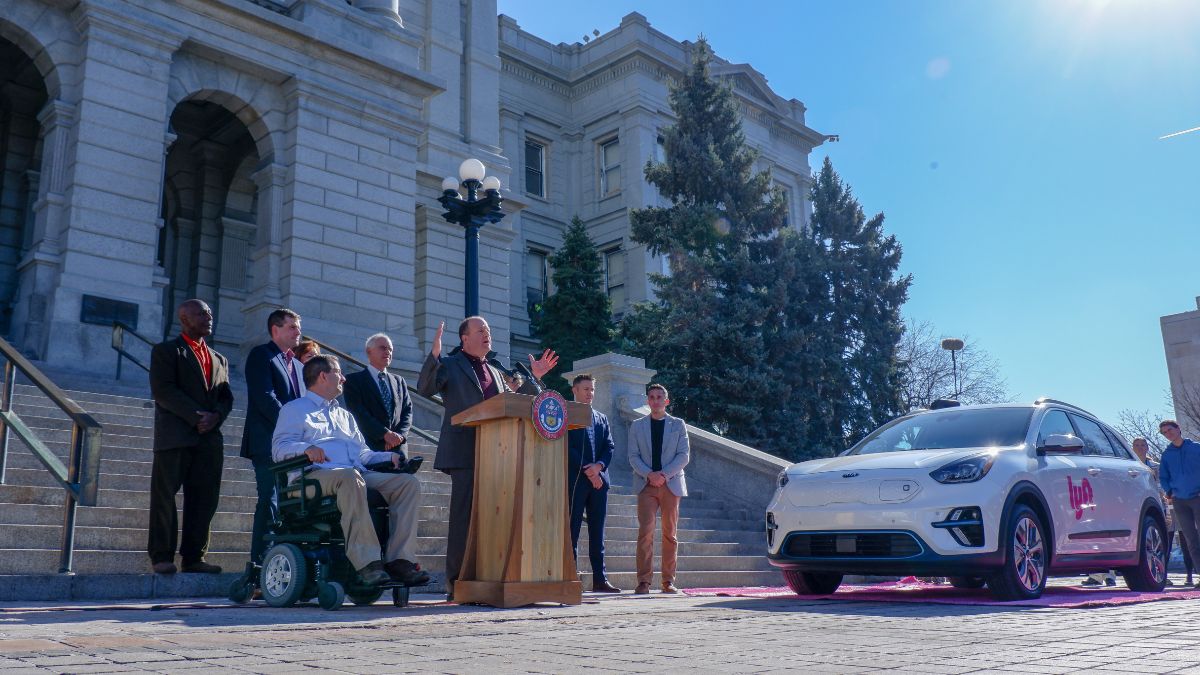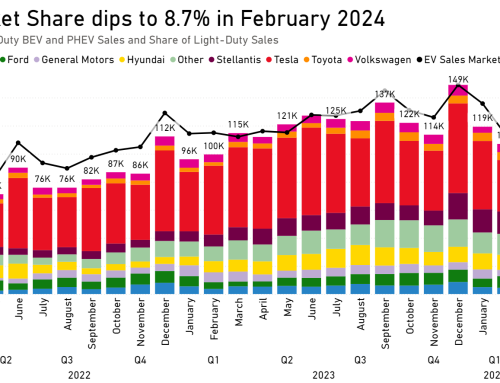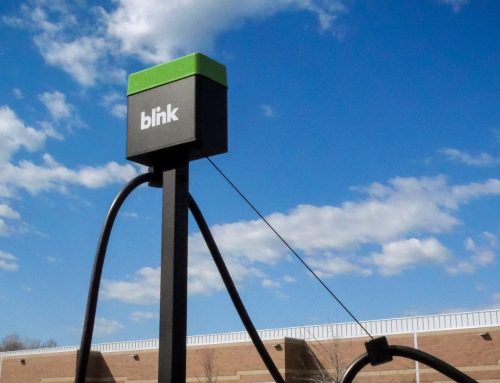
Source: Colorado Sun
Colorado burst onto the EV scene in 2019, implementing a suite of new policies designed to kickstart transportation electrification across the state. As a part of this effort, the Centennial State became the 11th to join the ZEV program last year, requiring automakers to ramp up EV offerings in the state to reduce transportation emissions. As the central hub in the state’s EV plan, Denver is leading efforts at the local level and focusing on electrification of ride-hail vehicles as a top priority through the EV Shared Mobility project.
As part of this effort, Denver is setting out to increase access to fast charging for ride-hail drivers to coincide with the rollout of Lyft’s new Express Drive rental service in the region. The transportation network company (TNC) plans to deploy 200 EVs in the Denver area through the service, the largest in the company’s history following smaller deployments in Seattle and Atlanta. This influx of vehicles has created an opportunity for Denver to reduce the emissions impact of ride-hail vehicles while supporting the growth of the EV market locally and throughout Colorado.
There are currently at least 4,300 registered EVs on the streets in Denver, accounting for 15 percent of the state’s total. While all-electric vehicle deployment per person is more than 30 percent higher than the statewide average, the per person deployment of DC fast charging stations is slightly lower. Denver seeks to address this gap and has a goal to deploy seven charging stations across three sites in 2020 as a part of their contribution to the EV Shared Mobility project. Construction has already begun on one site with the remaining two in the final planning stages.
Denver is not just focused on infrastructure deployment and, taking a page out of Forth’s book, has made it a core priority to enhance EV awareness in the region. To deliver on this goal, the city has partnered with the Denver Metro Clean Cities Coalition to design an outreach campaign that will target ride-hail drivers directly. The team is planning to host events at the airport and Uber hub to connect drivers with resources that aim to encourage them to drive EVs.
Denver has remained agile despite shifting conditions in the regional EV market and setbacks that have delayed the rollout of project interventions. The most significant of these occurred when GM’s rental service, Maven Gig, pulled out of the market in Denver and seven other cities. This led to their withdrawal from the EV Shared Mobility project in Denver and New York City and the removal of their commitment to provide EVs to ride-hail drivers. The city adapted quickly to these changes and focused on accelerating charging station deployment with their partner EVgo to support drivers participating in Lyft’s program.
Charging stations deployed through this project will integrate into an expanding network across Colorado. Since the beginning of 2019, the number of DC fast charging ports in the Denver area has more than doubled and the local network now includes 100 ports. By the end of the year, the EV Shared Mobility stations will add another 14 ports to this count. The city is working directly with the electric utility Xcel Energy on these stations and the utility itself is required to submit transportation electrification plans through one of the laws enacted by Colorado in 2019. With further government investment through the Charge Ahead Colorado program and VW Settlement expected this year, Denver is well-positioned to capitalize on the sharp uptick in investments in EV statewide. Stay tuned for an update on the city’s progress in the second quarter of 2020.


